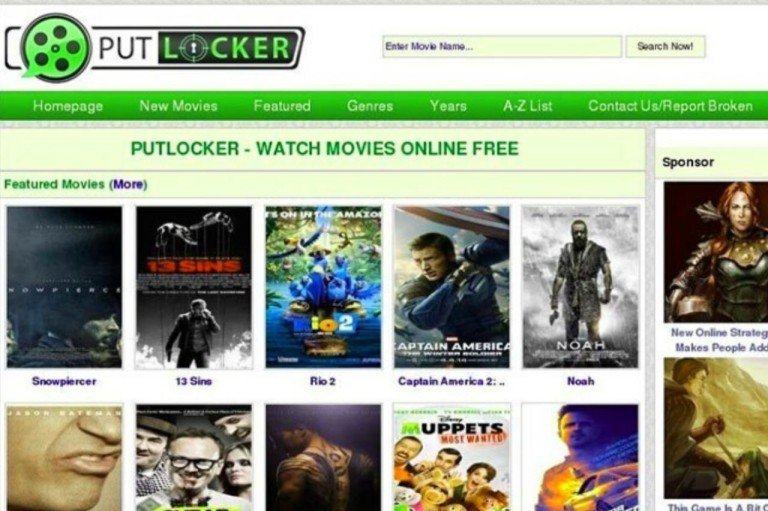The impact of free downloads on the music industry has been a subject of intense debate, acting as a double-edged sword that both benefits and challenges artists, record labels, and consumers alike. On one hand, the availability of free downloads has democratized access to music, allowing listeners to explore a broader array of genres and artists without the financial barriers that traditionally accompanied music consumption. This has been particularly advantageous for emerging musicians who may not have the resources for traditional marketing and distribution channels. With platforms like SoundCloud, Bandcamp, and various torrent sites, artists can share their work with a global audience, potentially building a fan base that might not have discovered them otherwise. Moreover, free downloads can serve as powerful promotional tools. By offering a few tracks for free, musicians can entice listeners to purchase full albums or attend live shows, effectively converting free access into long-term revenue streams. However, the flip side of this phenomenon is the financial strain it places on the industry. As music becomes increasingly accessible for free, consumers may feel less inclined to purchase albums or tracks.

This shift in behavior has led to a significant decline in physical sales and digital downloads, which were once the primary revenue sources for artists and labels. The revenue lost from traditional sales has not been entirely offset by tubidy streaming services, which often pay artists a fraction of a cent per stream, resulting in precarious earnings for many musicians. This financial instability raises questions about the sustainability of a career in music, particularly for independent artists who rely heavily on direct sales and live performances to make a living. Additionally, free downloads have given rise to ethical dilemmas surrounding copyright and intellectual property. Many artists and industry professionals argue that the rampant distribution of free music undermines the value of their work, leading to a culture that de-emphasizes the importance of compensating creators.
This has prompted various legal actions and discussions about reforming copyright laws to better protect artists in the digital age. As a result, the balance between promoting music through free access and ensuring artists receive fair compensation remains a contentious issue. In conclusion, while free downloads have undoubtedly expanded access to music and provided new avenues for exposure, they also pose significant challenges that threaten the viability of the music industry as a whole. The ongoing evolution of how music is consumed necessitates a thoughtful approach to finding a balance between accessibility and fair compensation for artists. As technology continues to shape the landscape of music distribution, stakeholders must navigate these complexities to foster a thriving environment that respects both the rights of creators and the desires of consumers. Ultimately, the future of music hinges on innovative solutions that reconcile the benefits of free access with the imperative to support and sustain the artistic community.

